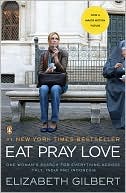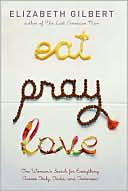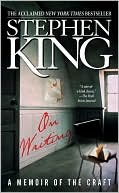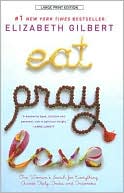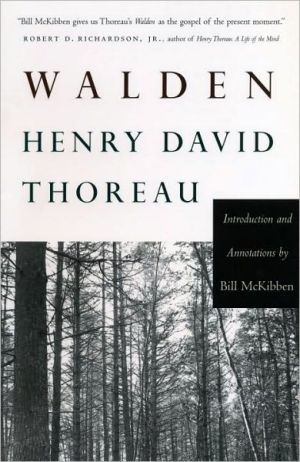Heading South, Looking North: A Bilingual Journey
Search in google:
From the author of Death and the Maiden, this fascinating memoir offers an elegant meditation on language, exile, and memory. In this remarkable memoir, Dorfman describes an extraordinary life, torn between the United States, South America, and his Jewish heritage, between English and Spanish, between revolution and repression. Interwoven with the story of how Dorfman switched languages and countries--not once, but three times--is a day-to-day account of his multiple escapes from death during Pinochet's military takeover of Chile in 1973. Combining eight vignettes of his life before 1973 with eight scenes from the coup, Dorfman filters these events through an engaging, hybrid consciousness. A beautifully written and deeply moving auto-biography by one of the "greatest living Latin American writers" (Newsweek), Heading South, Looking North is at once a vivid account of a life as complex and mysterious as the fictional characters Dorfman has created, and an enthralling search for a permanent home, a political cause, and a cultural identity. "A fascinating memoir ... intensely personal and often moving."-- The New York Times Book Review. "Dorfman has written the most universal of stories, a meditation on the fragility and uncertainty of life." --The Boston Globe Rob Spillman Even if we weren't in the midst of a deluge of pointless affliction du jour memoirs by young mid-list novelists, Ariel Dorfman's moving, poetic exploration of his search for a geographic and linguistic home would stand out for its reminder of the power of language and the possibility of living life to the historical and intellectual hilt. Dorfman, a prolific writer of novels, plays (Death and the Maiden) and essays who now teaches at Duke University, is best known for How to Read Donald Duck, his groundbreaking 1973 attack on U.S. cultural imperialism, written when he was a cultural advisor to the liberal Chilean government of Salvador Allende. Structurally inventive, Heading South, Looking North alternates chapters about the dangerous days after the CIA-led Pinochet coup in 1973 with chapters about his wild family history. Itself worthy of a book, the Dorfman family odyssey reads like a shadow history of the 20th century. His grandparents, Eastern European Jews who barely escaped the Czarist pogroms, fled to Buenos Aires, where Vladimiro Ariel Dorfman was born in 1942. His father, a communist teacher, was expelled from Argentina after the Peron-led fascist coup in 1945. In New York City, Vladimiro forswore Spanish, refusing to speak it even to his parents and insisting that everyone call him Edward, and lived an all-American, baseball-loving childhood until 1953. That's when Sen. Joseph McCarthy personally insisted that Dorfman's father, who worked at the United Nations, be shipped off to a remote post in Santiago, Chile. Dorfman's cultural confusion only increased as he continued to write in English while thinking about Chilean politics in Spanish. He was soon making a name for himself with his revolutionary lit-crit essays and vocal political agitation. Heading South, Looking North adroitly reexamines the quandary of withdrawal vs. engagement. Dorfman felt forced to choose between the life of an artistic nomad and accepting his home as a place worth risking one's life. "Latin America, I felt, could solve the dilemma of the modern artist, merge the intellectual and the social, the vanguard and the masses, the heroism of the writer and the heroism of the people." With refreshing and clear-eyed honesty, Dorfman reflects on his successes and failures, and in a rare feat manages to resonate intellectually, historically, poetically and emotionally. Heading South, Looking North is easily one of the most memorable memoirs in years. -- Salon


